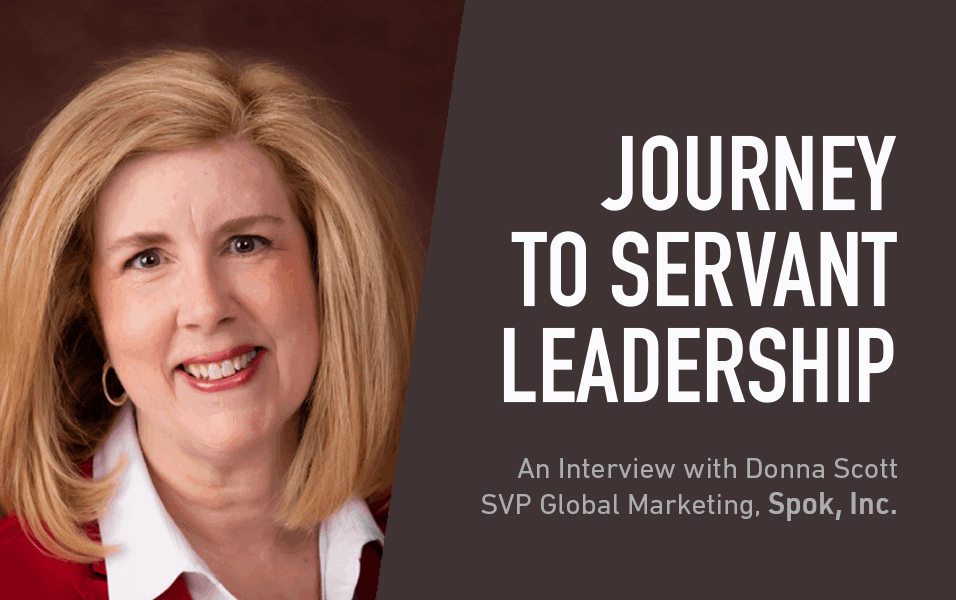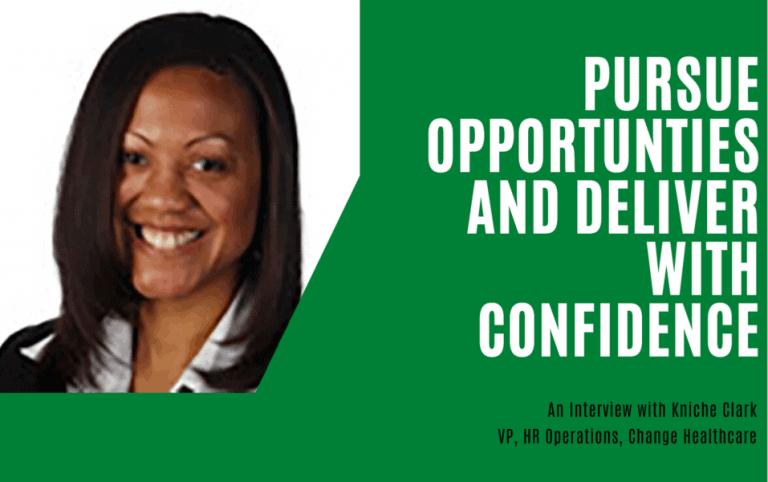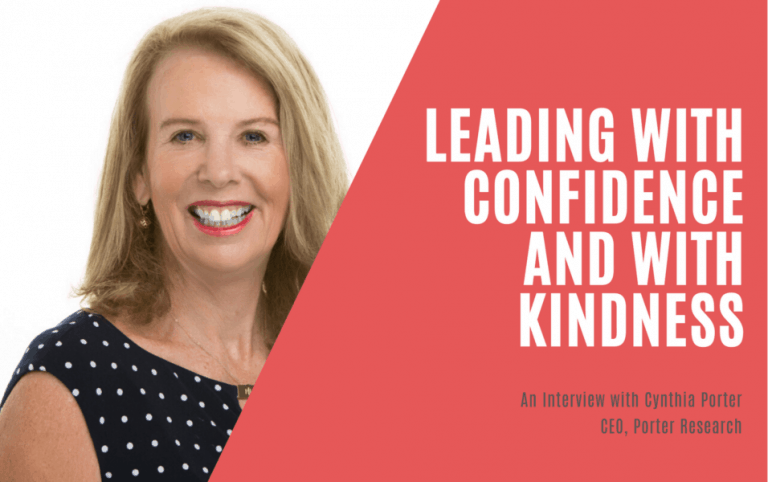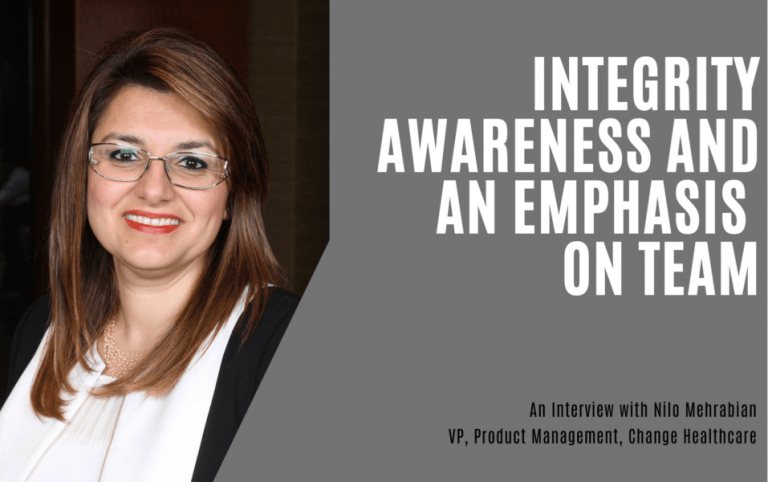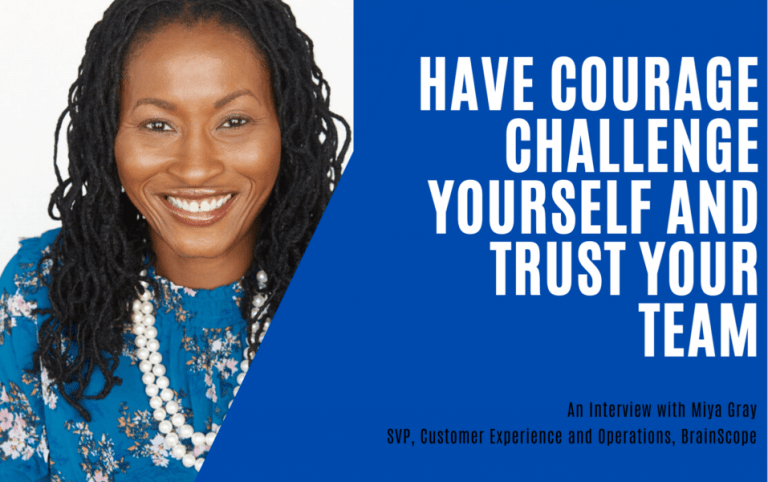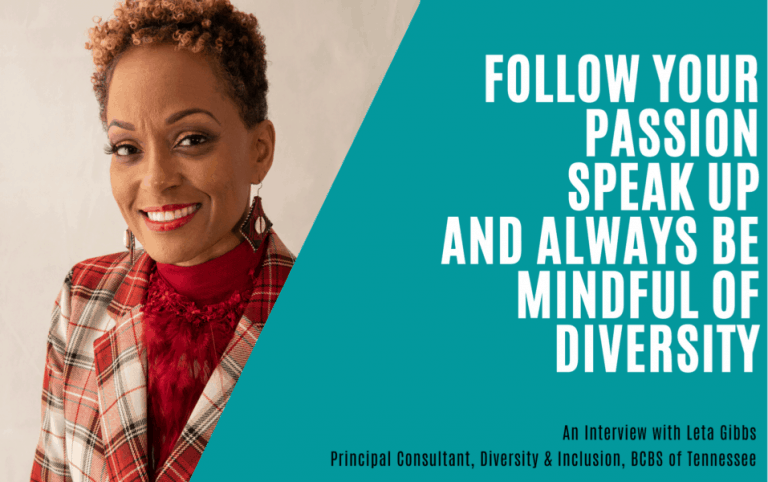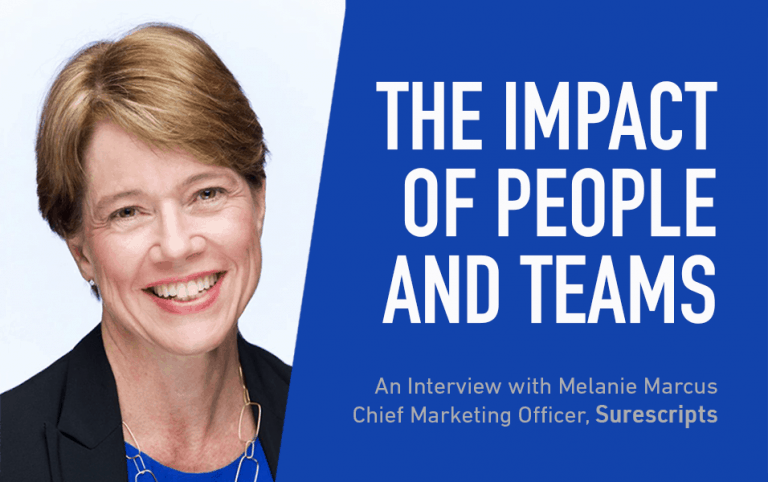Journey to Servant Leadership
[et_pb_section fb_built=”1″ admin_label=”section” _builder_version=”3.22″ module_alignment=”center” custom_padding=”30px|0px|30px|0px|false|false”][et_pb_row admin_label=”row” _builder_version=”3.25″ background_size=”initial” background_position=”top_left” background_repeat=”repeat” custom_padding=”2px|0px|0|0px|false|false”][et_pb_column type=”4_4″ _builder_version=”3.25″ custom_padding=”|||” custom_padding__hover=”|||”][et_pb_text admin_label=”Text” _builder_version=”4.0.9″ header_4_font_size=”15px” header_4_line_height=”1.4em” background_size=”initial” background_position=”top_left” background_repeat=”repeat”]
Journey to Servant Leadership
An Interview with Donna Scott, SVP Global Marketing, Spok, Inc.
I had the privilege to spend time with Donna Scott, senior vice president of global marketing at Spok, Inc. Donna shared her journey to servant leadership, her opinions regarding progress in healthcare IT, challenges as a female executive, and what she’s most optimistic about. (6 min read)
To start, tell us a little bit about your career path and what led you to where you are today.
I spent 30+ years rising through the ranks at AT&T back in the day when we got fantastic training and flexibility to be able to learn different types of work in different functional areas. I was in HR, Sales, Operations, Product Management, Marketing, and Strategy. I’m very grateful for that and the foundation it gave me as a leader. Most of my experience there was in Sales and Marketing, and toward the end, I was asked to lead an industry marketing group focused on government, education, and healthcare markets. That was when I fell in love with working in the healthcare industry. So, when I got the chance for an early retirement, I took it and went to work in marketing for McKesson, which is a huge healthcare company.
So you’ve spent the past 14 years in healthcare; what really sparked the interest for you to change industries? Was it the passion of those people you were exposed to from previous roles?
Initially I was most excited about being in an industry that needed technology, that it was a market ripe for opportunity. And it was in an area that really mattered. Healthcare IT is something that I could feel very purposeful about. Providing something to a hospital that you knew was going to actually improve patient care was exciting to me. Coming from telecom in my earlier career, the purpose of helping clinicians and hospitals to provide better care hit me very strongly. I was motivated by that.
We have both attended the HIMSS conference many times; thinking over the last decade as an industry, have we made the progress that you expected?
We have not made the progress I would like to have seen. I would have liked for certain things to have moved more quickly, especially in some areas that in my mind were no-brainers, for example telemedicine. I expected telemedicine to be widely adopted much earlier but because of the reimbursement policies and other policy issues, there were barriers. There does seem to be a set of barriers that are ingrained in our system in this country, ingrained either on the payer side or on the government side or wherever it may be that have impeded the progress that we can make in improving patient care here. And as you know, if you look at the statistics now, the U.S. is losing our edge in even basic quality of care statistics now, including things like childbirth and maternity care. So it has been disappointing to have not seen more progress.
Thinking about our industry now through a different lens, what are you most optimistic about and what trends are you seeing that reinforce your optimism?
There are two things that I’m most optimistic about – one is more industry related, and the other is in general as an executive. For our healthcare industry, I’m most excited about the fact that we have set ourselves on a path now that would make it very hard to go back to everything being fee-for-service. We really have to move forward from here, and there are some models of new care delivery and new payment structures that are working. As we learn more about those and how they’re working and the facts are put on the table rather than emotional reactions to different approaches, people will start to really see enough that they are no longer as scared to make those broad shifts that we need to make in this country. So I’m encouraged that there are these models, these specific systems and arrangements on the payment reform side and the care delivery reform side that have evidence to show they make a difference. They can improve care, they can reduce cost, they can hit that triple aim. It’s going to be a long time, but to be on the right path, to be headed in the right direction – that’s something I’m very optimistic about.
As an executive I’m very optimistic about the young talent. The young workforce today what they’re bringing in terms of their energy, their sense of responsibility, and teamwork. They want to have a purpose in their work – it matters to them. I’ve heard a lot of the comments about privileged millennials and I just haven’t seen that much of that. Maybe I’ve been lucky with my colleagues, but what I’m seeing and especially in my current team, are young professionals who care very much about having a purpose in their work. They take great pride in doing the right things and doing them well. It has made me really optimistic for the future going forward. I’ll give you an example. I came into this group in 2014 and the first time we were getting toward the holidays, we had a little bit of budget to do something, such as a lunch or dinner with the team. So, I told them how much we had and suggested they plan something to celebrate together for the holidays. They came back and said, “We want to do a charity project.” And every year now that’s what we do. We do a different charity project together every year and it’s such a great example of their purpose in their work and in their lives. It wasn’t about having a big party, it was about the team and giving back. They kind of blew me away with that.
Thinking about your first management role, what would you say is the biggest difference from then to you as a leader now?
My first supervisory role was as Assistant Personnel Manager at Southern Bell. I was young, just two years out of music school and was promoted within a year to be the manager of clerks I worked with, which caused some resentment from the team. We were a heavy union organization and so my clerks were all union employees. I was 20 years old, timid and in some ways unsure of myself. Honestly, the only thing I was confident about was my typing skills because as a pianist I have great hand-eye coordination and could type like a banshee. But I was still the manager and had to deal with some pretty difficult situations in that union environment, so early on it was about navigating these employee situations and developing my confidence. Ultimately, I gained confidence from that experience and along the way over the last thirty years I have had some great role models to learn from. I put my own personality into it, but I figured out it’s okay to copy things from people that have been great examples of leadership for me. And even the really bad managers, I learned a lot from them too about what not to do.
That confidence is the first area and then the second thing that made a big difference is when I was introduced to the servant leadership style. It just hit me and resonated so well with my personality. That’s more of my authentic leadership style…the hierarchical stuff never felt that comfortable to me. I learned that it’s okay to think of your job of a leader as coaching and supporting, as opposed to just directing or telling people what to do. I made this mind shift about that, and it’s been so much more relaxing for me to think of it that way because I can be more myself. My job is bringing out the very best in these people that are on my team.
What has been your biggest challenge as a leader?
I can give you two. So, the first would be from earlier in my career with this topic of work-life balance. Is there such a thing as work-life balance? (laughs) When I started working, women in the business world were expected to act and look as close to men as possible. That was our only way of succeeding: to mimic the men, and it was the days of “dress for success.” We had to wear suits and ties, just like the men. And we were told directly that we needed to work harder than men if we wanted to succeed. I remember so well when I moved from Atlanta to Chicago and on my first day my new boss took me to lunch. And he sat there across from me and said I had two strikes against me: I was a female, and I was from the south. This whole idea of being a female in the workforce really was a challenge in the late seventies and eighties and I believe it is still a challenge now in some ways, but in different ways. Needless to say we got off to a rough start, but he had some good qualities too and once he saw the results of my work, things really shifted.
I have another vivid picture and that was as a single mother of a child with a disability in the mid-nineties. I remember going home from work at midnight when I was working for the chief marketing officer at my company. We had a huge project, so I had to stay late, but I had to go home and then make gluten-free, casein-free chicken nuggets for my daughter for her lunch the next day. I lived in this constant state of exhaustion and self-flagellation. I was worried I wasn’t doing a great job as a mother, that I wasn’t doing a great job as an executive. I just had this sense that it wasn’t possible to do this balance, and I honestly don’t know how I did it, but I did. We made it through that.
I think many of us who are working parents have experienced that pull between career and family, the guilt on both sides. You said that at the time you thought you were failing in both. Looking back now, do you still think that?
No way. No, I don’t think that at all. Now, looking back I am very proud to have been able to do what I did. I have friends who have helped me to see all the things that I did right as a mom and I have my work success as well. Do I have regrets? Sure. I wish I had been able to speak up and to say, “No, I’m not working until midnight tonight.” And I don’t know what would have happened if I had said that. I certainly didn’t feel I had the luxury of saying that, especially being responsible for supporting my child. I look back now and sometimes wonder how in the world I did that, but at the same time I feel proud that I did as well as I did.
What advice would you give your 16-year-old self? Your 30-year-old self?
I think the advice I’d give myself is, “Don’t be in such a hurry, give yourself a break and let things evolve. Don’t feel like you have to force-fit yourself into a predetermined destination.” I majored in music, but when I graduated from college, I got this job in the business world and it paid well. All of my musician friends were starving, so I decided to work for a while and then go back to school later for my master’s degree in music. My intent at that time was to play chamber music and teach. But when I started working, I never did go back to get my master’s in music because I thought I needed to move forward, to support myself…and my musician friends were still struggling. The business world was my way to do that. At the time I was very hard on myself about that decision. I thought I was a sellout, but now I see it was really smart. Music is still a huge part of my life but rewarding in a different way than my career. So that’s what I mean about letting things evolve. It’s important to have a career plan, but it’s okay to let that plan evolve as well.
I recently read Adam Grant’s book “Originals – How Nonconformists Move the World.” I’m curious what rules you’ve broken across the course of your career that have led to your success.
It’s maybe difficult to explain, but basically, it’s the rule of not being personal at work. I’ve broken that rule and for good reason. Earlier I mentioned going from this hierarchical leadership style to more of a coaching style, and that took me quite a while to land on. But I grew up with this belief about the goodness of people, that people are inherently good. The hierarchical leadership style was working against that for me because of the assumption that you have to force people to do things. That’s why it was such a relief to me and it became exciting to bring my authentic self to work every day. Previously, I would drive to work, and I leave myself in the car, and then I would go up the elevator to work and I’d be this different person. Now I don’t leave myself in the car, I bring my whole self to work. I recognize not everyone does this and this choice has given me some challenges when I have trusted some people who were not trustworthy. Still, I would rather assume the good than being cynical or negative. I want to see the opportunity. That’s the more authentic me and if that means I get taken advantage of in some cases then I can live with that – that’s my choice to break that rule.
What do you want your business legacy to be?
I just want to have been a positive example, maybe I’ll even go so far as to say inspiring example, of leadership for the next generation of leaders. These young people that are going to be the CMOs and CEOs in the future, they are going to lead this country’s businesses. Now, I’m not sure I’m living up to that legacy every day (laughs), but it’s what I want it to be. I want to have left something with the next generation of leaders as a positive or inspiring example.
What’s your what’s your favorite place to travel?
That’s too hard – I have so many favorite places and I love to travel. If I must choose, then Italy or Scotland.
What are you reading right now?
I’m reading a book called The Orchardist. I read mostly fiction, because that is one of the joys of my life: escaping into a fantastic novel.
Coffee or tea?
Coffee. There is nothing better than the smell of coffee in the morning. There was a time when I was traveling to London a lot, and I grew to love the tradition of the afternoon tea. I brought that back with me. For a long time, in my office I would have my afternoon tea, but it was never the same (laughs). It just wasn’t as good.
What do you look forward to every day?
I look forward to being around these bright young people and being inspired by them. It truly is the highlight of my work week.
[/et_pb_text][/et_pb_column][/et_pb_row][/et_pb_section]

